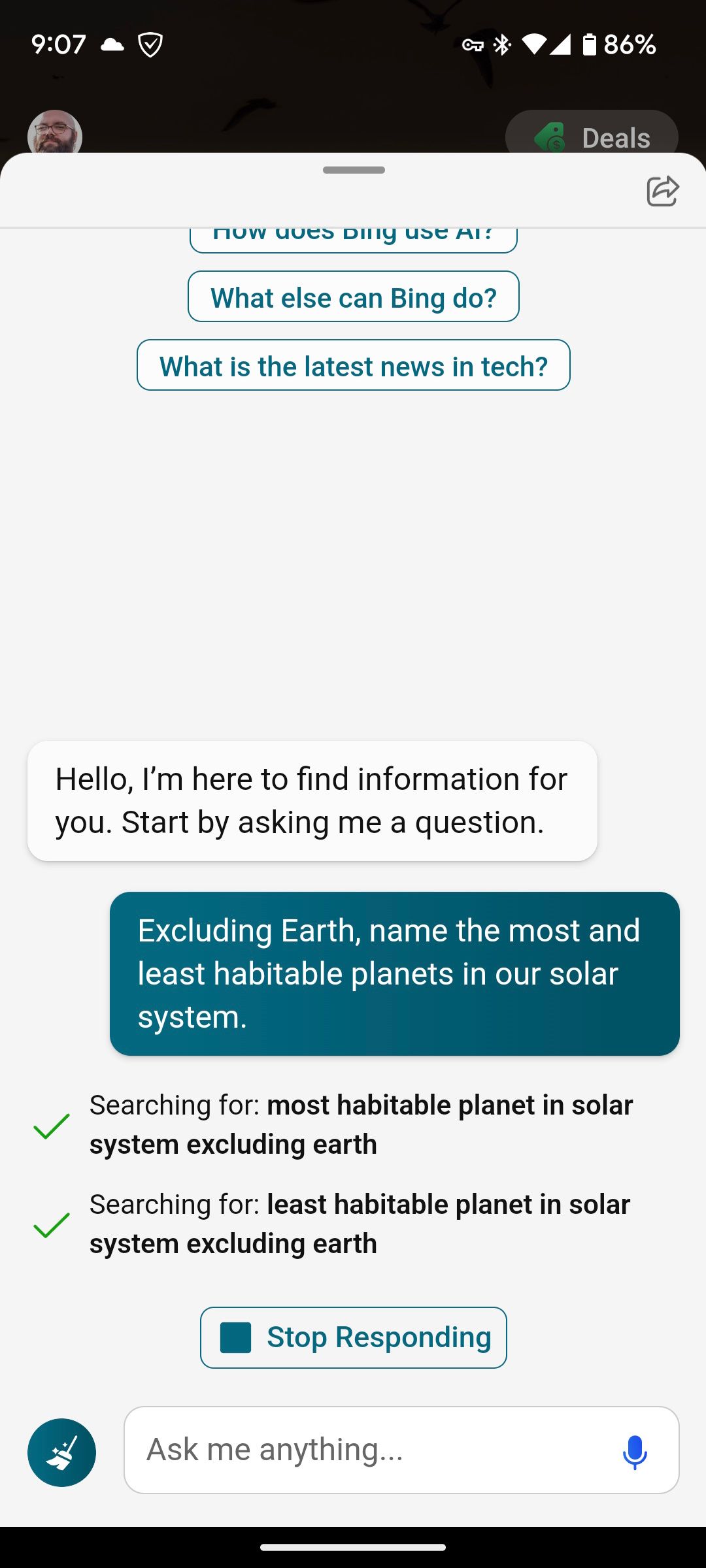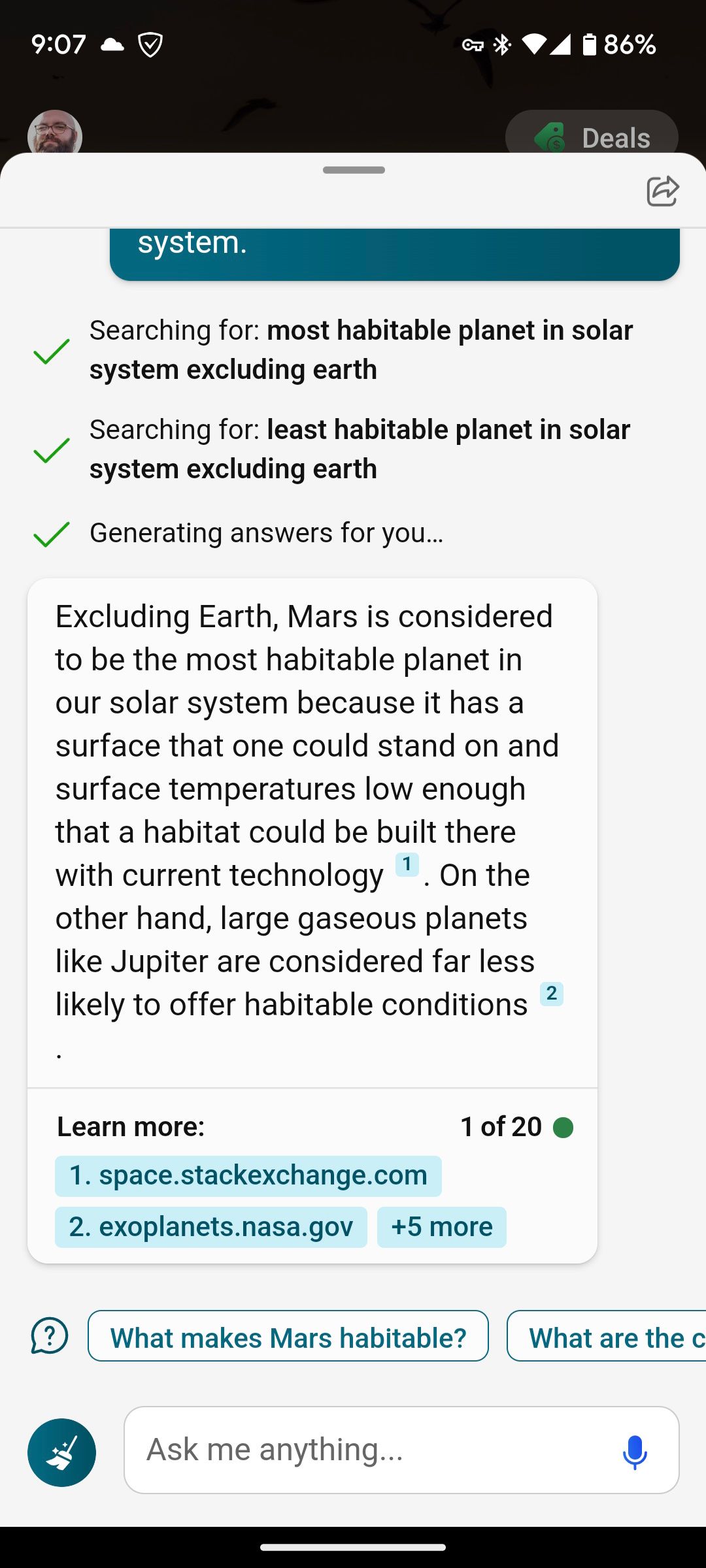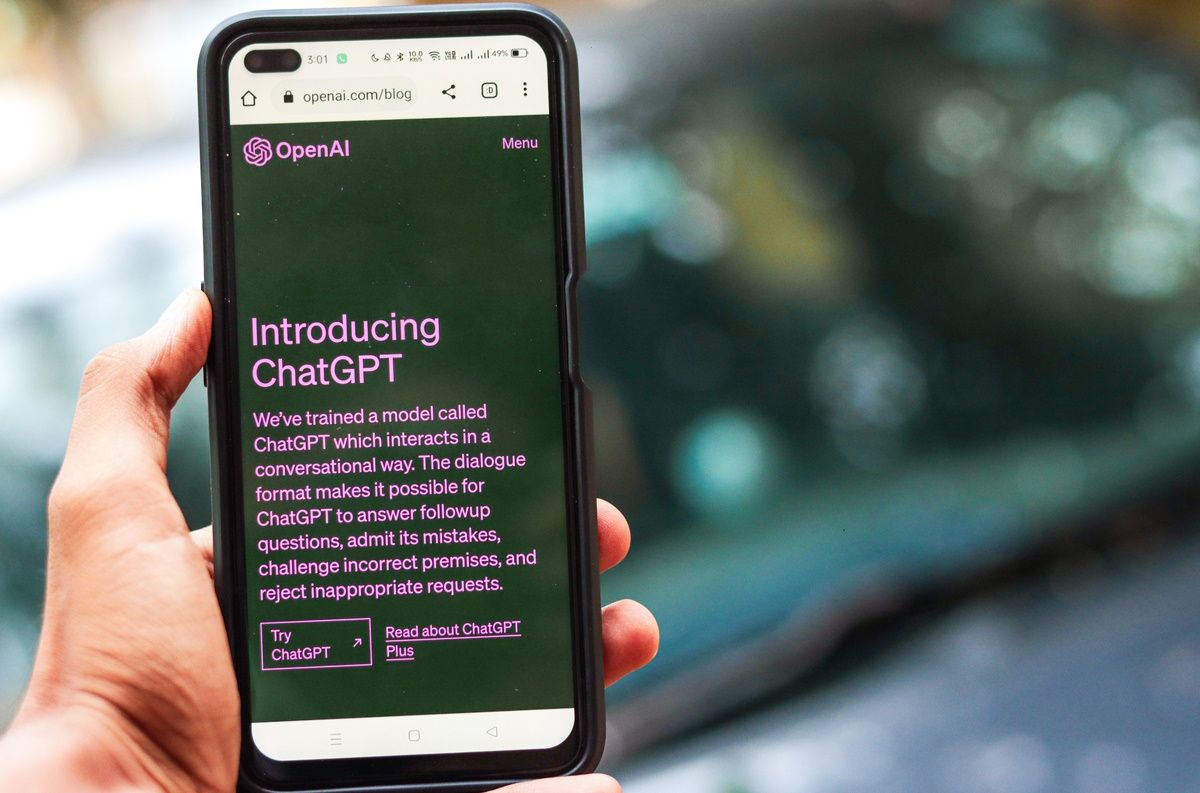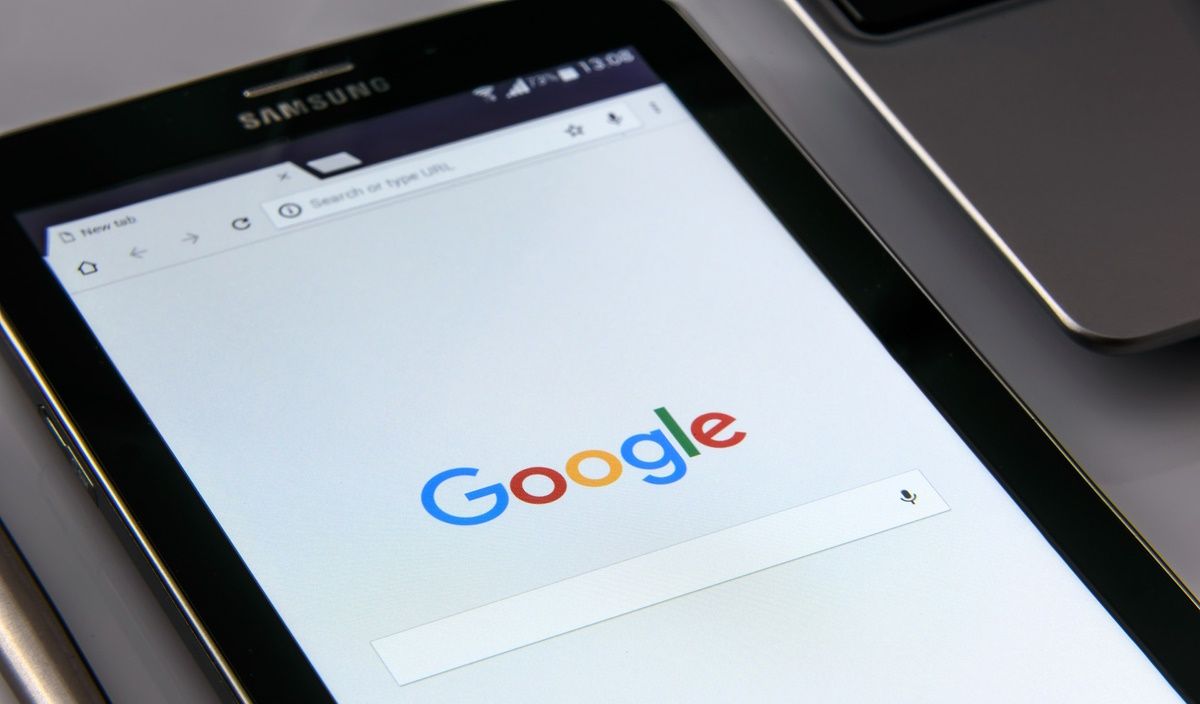Microsoft is having a Renaissance in 2023. Traditionally seen as the “old guard” along with the likes of IBM, Microsoft’s investment in OpenAI—the company behind the AI chatbot ChatGPT—has made the tech giant feel new again.
From integrating AI technology dubbed Copilot into Microsoft Office to revitalizing the Bing brand by adding conversational AI into the search engine, Microsoft’s competitors and the tech industry at large are paying attention. Specifically, Samsung, as the tech giant is considering making Bing its default search engine for Samsung products. But why?
Why Might Samsung Adopt Bing as Its Default Search Engine?
The New York Times reported in April 2023 that Samsung is considering dropping Google Search as its default search engine and replacing it with Bing. Samsung has yet to officially announce any news about the switch, but we can think of a few reasons why the company might be considering the move.
First, the most obvious reason. Microsoft has a partnership with OpenAI. This led to the release of Bing AI in February 2023, eventually powered by ChatGPT-4 the next month. Just like that, Bing became a serious threat to Google Search. If AI is going to be the future of search, this would give Samsung a chance to get ahead.
And Bing AI isn’t perfect. It can be slow. But compare Bing AI to Google’s Bard and it’s clear that Microsoft has a chatbot ready for primetime. Bard, on the other hand? It feels like a rushed response still in alpha.
Also, Bing AI is powered by proven technology. Over time, Bing AI will scale accordingly with future iterations of ChatGPT. That’s powerful—and makes Bing AI a safe and reliable long-term search option.


That’s right. Bing AI may be considered the safer option between it and Google Search. What a difference deus ex machina tech can make.
How Will This Swap Affect Google Search?
$3 billion—per year! That’s how much hinges on Samsung’s decision. The New York Times report also mentions that a $20 billion contract with Apple is up for renewal this year as well.
Google Search was worth a whopping $162 billion in 2022 alone. Losing $23 billion in revenue annually would be quite the punch to the gut. A stain on Google Search’s 25+ years of search supremacy. But after years of having a virtual monopoly on search, Google is going to have to adjust to the fact that it now has competition.
Google seems to be responding to these threats by announcing its new AI-powered search engine, “Project Magi.” It'll be a while before it's ready for the big leagues. So in the meantime, Google plans to integrate features developed for Project Magi into Google Search.
It's a good idea. If these features slowly trickle into Google Search and actually improve the service, it could build interest for Project Magi (or whatever its official name becomes). But considering the company has a rich history of abandoning products, like the closing of Google’s cloud gaming service Stadia in 2022, it’s anyone’s guess if Project Magi will see the light of day.
Is It the End of the World as Google Search Knows It?
Unless Google proves it’s a genuine competitor in the AI chatbot race, maybe. Let’s be realistic, though. Losing $23 billion annually—while significant—isn’t going to send Google Search to the search engine graveyard to be buried next to Lycos, Ask Jeeves, or AltaVista, either.
Instead, Google may be seen as being behind the curve. A company that has lost the moves that brought it to the proverbial dance. For a company with the kind of invaluable, earned mystique like Google, that label may be a fate worse than losing $23 billion annually.



